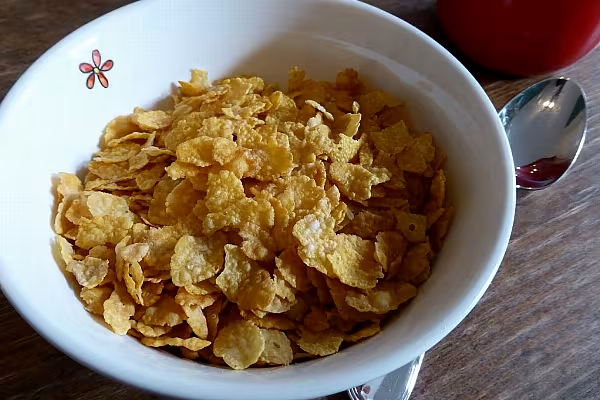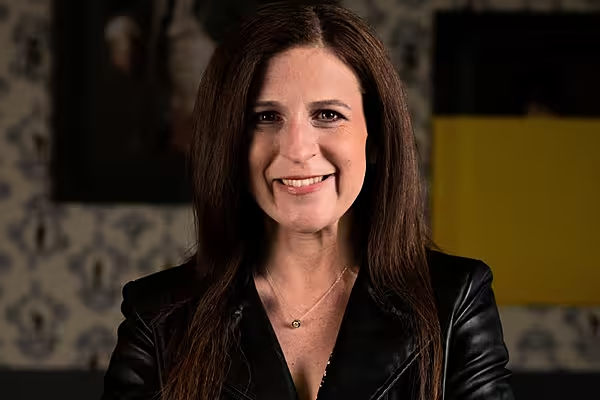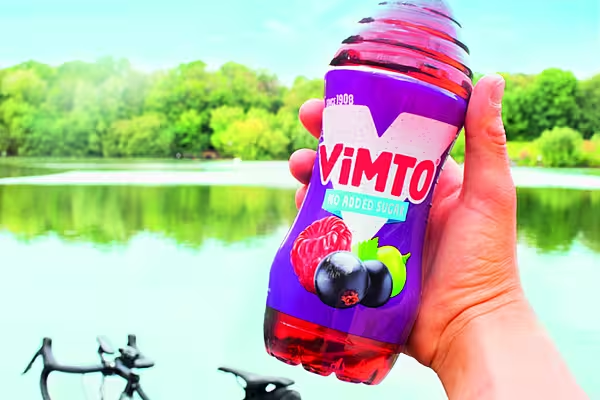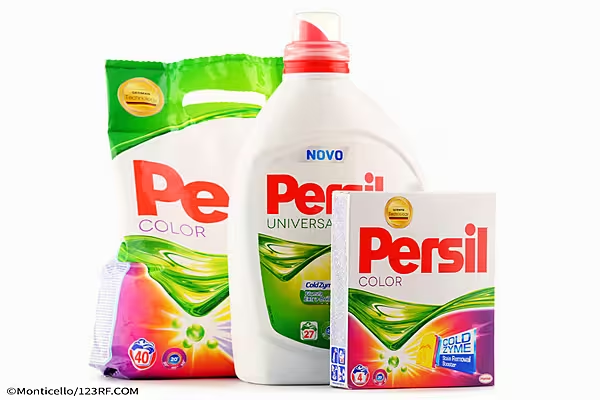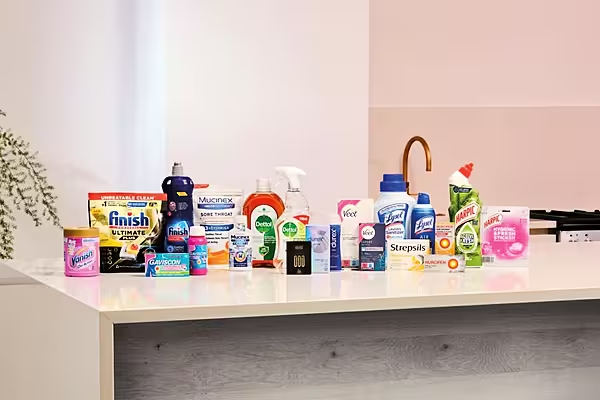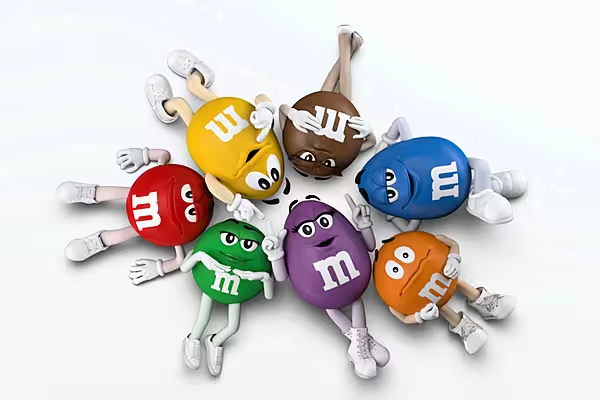Millennials are GRRREAT! That, anyway, is what Kellogg Co. is banking on to help revive soggy cereal demand. Tony the Tiger and its other ageless characters have been losing the breakfast battle for years, so Kellogg is repositioning some of its brands as a snack for the nation’s largest demographic: people born from the early 1980s to about 2000.
While total US cereal sales have fallen 8.8 per cent since 2012, the share eaten in the afternoon and evening has risen steadily in recent years, hitting about 35 per cent in 2015, according to the Battle Creek, Michigan-based company. That’s partly because millennials have embraced Froot Loops and Smorz as indulgent snacks, says Craig Bahner, president of Kellogg’s US Morning Foods division. To ride the trend, Kellogg is repackaging products including Frosted Flakes and Special K in grab-and-go containers and emphasizing the nostalgic pull of cereal as a late-night treat.
"It’s an alternative to a salty or savory snack in the evening when you’re looking for a little TV time," said Bahner, describing one of the strategies Kellogg hopes will boost revenue.
Breakfast 24/7
The shift to 24/7 breakfast foods has helped other companies, including McDonald’s Corp. Its US revenue and profits have surged since last fall, when it started offering some of its popular morning items, including hash browns and Egg McMuffins, all day.
Saving cereal won’t be easy, however. Sales in the US have declined in each of the last three years, and the slump is projected to continue through at least 2020, according to data-tracker Euromonitor International. Kellogg and its main rival, General Mills Inc., have argued that negative trends are flattening out, with Kellogg saying growth could resume this year. But total US sales fell 3.5 per cent from a year ago in the four weeks that ended March 23, according to data from Chicago-based market researcher IRI. Chris Growe, an analyst at Stifel Financial Corp., called that performance a "real setback".
The days of steady annual increases probably are gone for good, lost to fundamental shifts in US consumer behavior, according to Jared Koerten, a Euromonitor senior food analyst. The collapse has come partly because the longtime breakfast staple has found itself on the wrong side of recent preferences: It’s too sugary, too processed and inconvenient. A recent report from Mintel Group Ltd., a market-research company, found that 56 per cent of millennials think cereal should be more portable, while 39 per cent said cleaning the dishes after eating is a hassle.
Wishful Thinking
Counting on snacking millennials to save cereal may be wishful thinking, said Kurt Jetta, chief executive officer and founder of Tabs Analytics, a retail and consumer analytics company.
"It’s doesn’t strike me as a new or viable way to break out of the slump," he said. “It will be a very marginal impact.”
Offering cereal in portable packages and pitching it as a snack also puts it in a very competitive category, said Laurie Demeritt, CEO of the Hartman Group, a food consulting company. Alternatives such as Greek yogurt, trail mix and snack bars boast high protein and are perceived as less processed.
Cereal has "a little bit of baggage," she said. "If there’s an umbrella trend going on, it’s a desire to have things that are more fresh.”
Kellogg has a lot riding on a cereal revival, with its brands accounting for about 43 per cent of the company’s $13.5 billion in revenue last year. (Snacks, including Pringles potato chips, represented almost 50 per cent and the remainder was frozen foods.) Special K, its most popular offering, has been mired in a prolonged slide, with sales dropping 22 per cent since 2011, according to Euromonitor. Traditionally targeted at women trying to lose weight, it has been out of step as many dieters moved beyond calorie-counting to a more holistic focus on health and wellness.
So Kellogg is refocusing on contents and taste, according to Paul Norman, president of the North American division. Adding more red berries to Special K Red Berries has helped boost sales, he said, and the company introduced Special K Nourish this year, made with quinoa multigrain flakes.
Kellogg and its US competitors are removing artificial colors and flavors to meet demand for so-called clean labels and more natural ingredients. General Mills announced in January that 75 per cent of its cereals now are made without these ingredients, and sales of these brands, including Reese’s Puffs and Golden Grahams, were up 6 per cent in the first two months of 2016, after falling 6 per cent in the same period a year earlier.
Roughly Flat
For the fiscal year that began August 1, the Minneapolis-based company’s cereal business is roughly flat.
"That’s very good progress," CEO Ken Powell said in an interview.
Sweet cereals are popular with millennials, despite their perceived emphasis on healthy eating. Kellogg brought Smorz back recently after a long hiatus because customers kept requesting it, and sales of General Mills’ Cinnamon Toast Crunch jumped 8.7 per cent in 2015, one of the biggest gains among top cereal brands, according to Euromonitor.
Kellogg’s push plays on nostalgia, given that millennials are most likely to buy brands they liked as children, according to a recent Mintel report. And the effort has had some success: Sales of Froot Loops rose 2.5 per cent last year after the company started running a TV ad showing a young couple snacking on the cereal and playing Super Nintendo after their kids are in bed.
News by Bloomberg, edited by ESM. To subscribe to ESM: The European Supermarket Magazine, click here.
